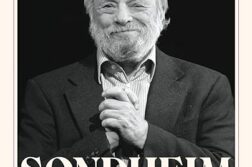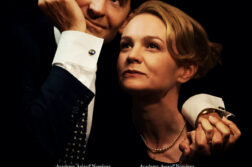George Michael Tour 2008:
Live North America
Albums discussed:
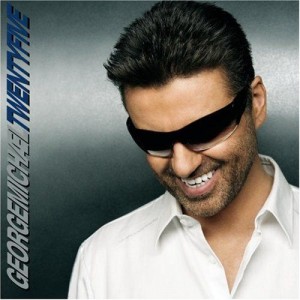
Twenty Five (2008)
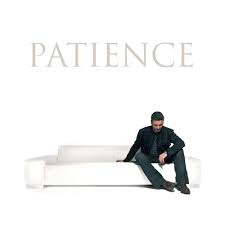
Patience (2004)
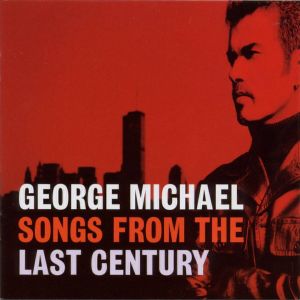 Songs from the Last Century (1999)
Songs from the Last Century (1999)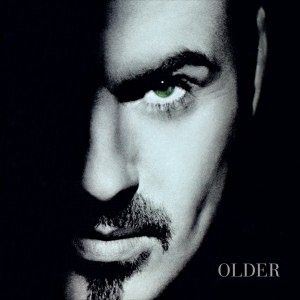
Older (1996)
TEN YEARS have passed since George Michael was arrested in a public toilet in Los Angeles and charged with public lewdness. The gossip-drunk press had fun at his expense, but Michael himself was unapologetic. In several interviews, he claimed that he had been the victim of entrapment; the undercover police officer responsible for his arrest later filed suit against him for slander. (The suit, seeking $10 million, was dismissed, then reinstated on appeal, but ultimately failed when the court ruled that, as a public official, the policeman could not legally recover damages on account of emotional distress.)
Within months of his arrest, Michael released the single “Outside,” an ode to the joy of outdoor sex, with news reports of his arrest mixed into the music.





